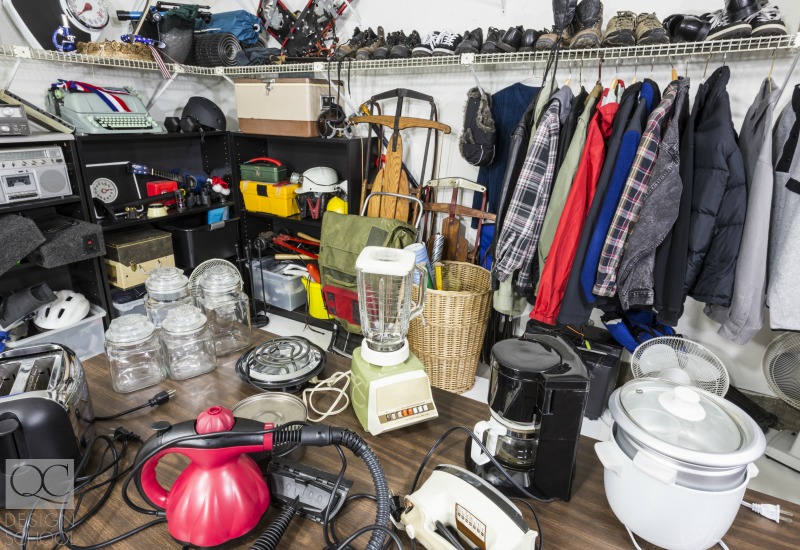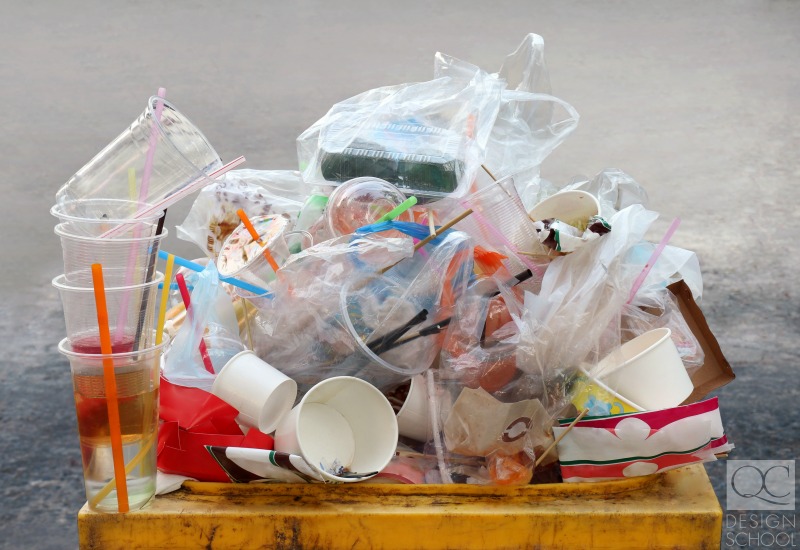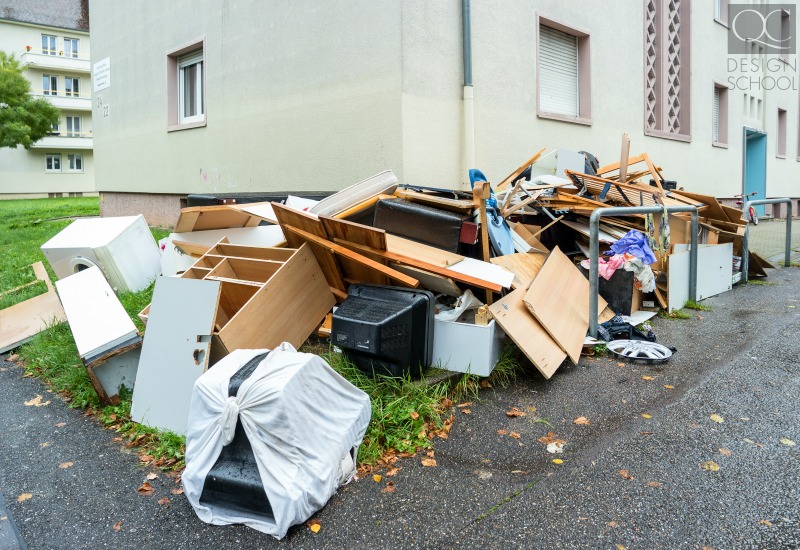We don’t talk too much about hoarding on our Focal Point Blog – despite the stereotype that only hoarders need help from professional organizers. That’s because you’ll serve a variety of clients throughout your career! We can’t neglect to discuss the many opportunities your professional organizing training can take you.
But sometimes, you’ll encounter a hoarder who needs your help. Read on to find out when hoarders seek out certified professional organizers, and how to help them!
First thing’s first: Job description
Let’s lay out what your job actually is. Your job consists of determining your clients’ goals and helping them find practical solutions that make their lives easier. You’ll help them clear our junk, clean up their homes, and create organizational systems for them.
Many hoarders suffer from OCD, a mental disorder. As such, they often deal with hoarding specialists, psychiatrists, and other medical professionals. But you aren’t trained as a medical professional! While your job does sometimes overlap with these professionals, know that you shouldn’t be diagnosing or giving medical advice to your clients. Your work supports any progress they’ve made with their mental health professionals! It’s a big task, but your certification proves you’re ready for it!

When they attempt to clean up their homes unsuccessfully
Hoarders have a difficult time letting go of junk. They have a “someday I might need this” mentality, despite items being broken, useless, or duplicates. By themselves, they have a hard time getting through their own mental barriers.
Downsizing is hard! It’s even harder when you’re working with a hoarder. Hoarders often have difficulty making final decisions with their personal belongings. The longer they sit on a decision, the more likely an item moves from the “junk” pile to the “save for later” pile. They feel the need to collect items, even if rationally it doesn’t make any sense. To be able to properly make a change in their homes, they must be working with a psychiatrist. This way, any physical changes to the home will remain!
When they want to work with a professional organizer to turn things around
As we just mentioned, turning a hoarder’s life around means working at their mental issues. Whatever mental progress they make must be reflected in their physical surroundings as part of progress.
Not every person who hoards items is a bona fide hoarder. Sometimes, hoarding may begin after a sudden death of a loved one. This is behavior as a subconscious response to a life event, not a disorder. Again, as you aren’t a trained medical professional, this isn’t your territory. But your same learned techniques for organizing and decluttering a home still hold true here. Work with them to achieve the goals they’ve worked out with their psychiatrist!

Want a new perspective on how they view their stuff
It’s all about the bigger picture. A certified professional will work with them to achieve their goals. Every client has a different set of priorities. Therefore, you can’t just look at their stuff that you would consider junk and toss them out!
Evaluating the value of their belongings is tricky for hoarders. Even garbage will be deemed valuable depending on the person and the severity of their hoarding behavior. But creating a list of priorities and then doing an O.H.I.O (only handle it once) approach can help with the organizing process.
Want a solution that sticks
From TV shows like Hoarders: Buried Alive, many people believe that it’s about kicking the resident out while they transform the place without them. But in reality, the organizing process is a collaboration between the professional and the hoarder.
As a professional, you’ll teach them how to see organizing as a system. It’s a series of on-going processes. Professional organizers don’t just come into the home, clear out the junk, and leave. If they just came to tidy things up as a one-time act, junk would just accumulate again! It’s all about aligning their environment with a lifestyle change.
In your professional organizing certification course, you learned about client profiles and identifying causes of disorganization. From there, you learned to get creative to create customized organization solutions for their specific needs. It’s the same for hoarders. But you probably need additional training since understanding hoarder motivations are more complex.

Need more training?
When you graduate from QC’s Professional Organizing course, you’ll be eligible to join the Professional Organizers in Canada association. They provide members with tools and resources to grow their business and even offer training on working with hoarders!
If your local industry has a huge demand for professional organizing for hoarders, it could be worth your while to take specialized training. A penchant for education could put you at the top for professional organizing in your local area. You’ll be able to take on more clients and earn a higher salary!
Did we miss anything? Let us know!


